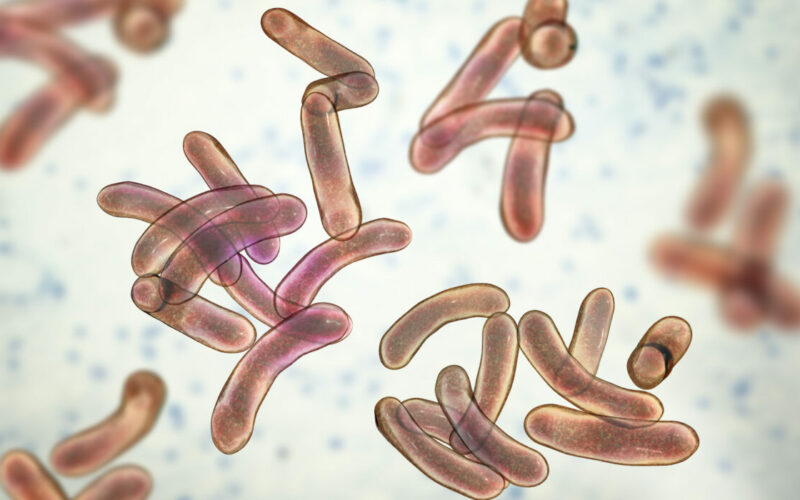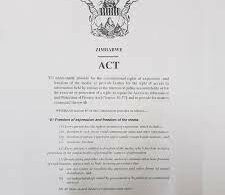Zimbabwe is among other southern African countries battling with the cholera outbreak. The first case in the country was detected in February 2023.
As of January 18, 2024, Zimbabwe has recorded 19,090 suspected cholera cases, 2,231 confirmed cases, 18,340 recoveries, 71 confirmed deaths, and 340 suspected deaths.
According to a report from the Centers for Disease Control and Prevention, https://www.cdc.gov/cholera/illness.html there are ways to detect Cholera Illness and its symptoms:
“Cholera is an acute diarrheal illness caused by infection of the intestine with Vibrio cholerae bacteria. People can get sick when they swallow food or water contaminated with cholera bacteria. The infection is often mild or without symptoms, but can sometimes be severe and life-threatening,” the report reads.
About 1 in 10 people with cholera will experience severe symptoms, which, in the early stages, include:
- profuse watery diarrhoea, sometimes described as “rice-water stools”
- vomiting
- thirst
- leg cramps
- restlessness or irritability
Healthcare providers should look for signs of dehydration when examining a patient with profuse watery diarrhoea. These include:
- rapid heart rate
- loss of skin elasticity
- dry mucous membranes
- low blood pressure
People with severe cholera can develop severe dehydration, which can lead to kidney failure. If left untreated, severe dehydration can lead to shock, coma, and death within hours.
The profuse diarrhea produced by cholera patients contains large amounts of the infectious Vibrio cholerae germ that can infect others if swallowed. This can happen when the bacteria get on food or into water.
To prevent the bacteria from spreading, all faeces (human waste) from sick persons should be thrown away carefully to ensure it does not contaminate anything nearby.
People caring for cholera patients must wash their hands thoroughly after touching anything that might be contaminated with patients’ faeces.
When cholera patients are treated quickly, they usually recover without long-term consequences. Cholera patients do not typically become carriers of the cholera bacteria after they recover, but they get sick if exposed again.







